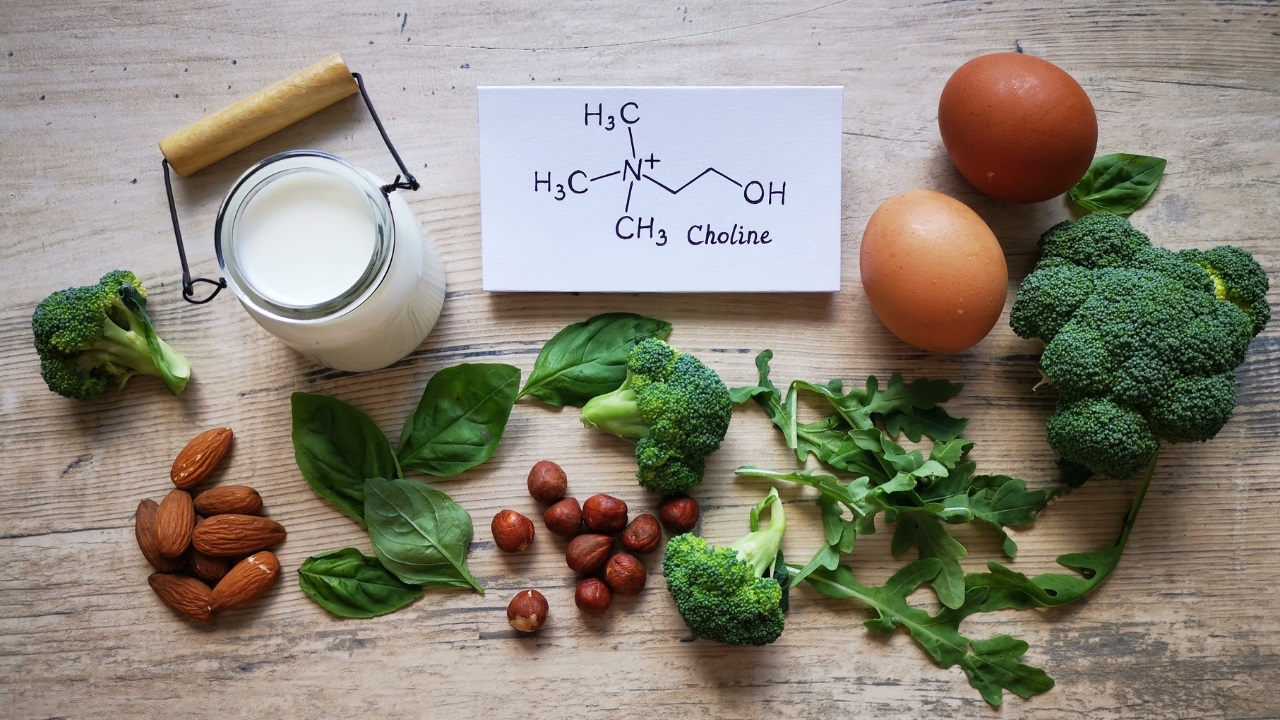Vitamin in supplements is not a new thing. As a matter of fact, the knowledge of vitamins has been around even in the early 1900’s and supplements have since had a special place in many people’s hearts. In the world of medicine, vitamin supplements can help to improve a person’s health status especially in those having trouble with getting enough vitamin from diet alone. One of the vitamins that may seem new or not been talked about much is vitamin inositol.
Inositol are sugar-like compounds that are widely distributed in nature. The human body needs inositol to form the structure of the cell membranes and regulate insulin levels. Inositol also affects the level of the brain chemicals known as neurotransmitters. In general, there are 9 forms of inositol but there are 2 main types in the human body known as myoinositol and D-chiro-inositol (DCI). Inositol is also called vitamin B8.
You probably wonder what vitamin inositol really does to the body. One of the biggest discoveries of the function of vitamin inositol is the disposition of the inositol in the brain. Inositol heightens the activity of serotonin in the brain. These specific brain chemicals are vital in regulating emotional wellbeing. Thus, inositol supplements have been used to help in treatment of many kinds of mental disorders such as panic disorders, depression and obsessive compulsive disorder.
Beside the effect of inositol on the serotonin in the brain, it also helps in slowing down the progress of ageing brain disease such as Alzheimer’s disease. Alzheimer’s disease can be caused by the presence of the amyloid plaques that cause damage to the brain. This accumulation of the amyloid protein causes the brain to not function optimally. Thus, inositol has been shown to prevent the amyloid protein from becoming toxic to the brain.
Apart from inositol benefiting the brain, studies have shown that inositol can help with metabolic disease such as insulin resistance that is common in diabetes. It also helps to improve insulin sensitivity in women with polycystic ovarian syndrome (PCOS). Insulin is a vital hormone which regulates the body’s energy supply by controlling cells and tissue to absorb energy by regulating the blood sugar. Insulin is produced by the pancreas. Insulin resistance occurs when the cells in the body, specifically muscle, fat and liver cells, do not respond to insulin and are unable to utilise blood glucose for energy expenditure. Thus, improving insulin sensitivity can help control the blood sugar level.
Due to the benefits of inositol for human, it is no surprise that inositol as supplement has been used by many people especially among the elderly, those with mental health issues and those diagnosed with metabolic diseases to improve their health condition. Inositol can be used by anyone but there are limited studies for the safety of inositol being used for babies and children. Hence, it is best for anyone to take an inositol supplement to talk with their doctor first especially when they have other underlying health conditions or on other medication.
Inositol as medicine is often used with varieties of doses. Most common is between 4 to 6 grams a day. Patients usually start taking inositol with the lowest dose to avoid side effects. Side effects include nausea, dizziness, diarrhoea, bloating, lethargy and headache. It is worth noting that dosage of inositol can be different for different purposes. Again, it is best to consult with doctors if a patient aims to treat their specific health concerns when taking inositol.
Despite inositol seeming like it can only be obtained from supplements, people can get inositol from food. Food such as almond, walnuts, oats, beans, brown rice, fruits such as bananas and cantaloupe, and animal parts such as kidney and liver. Knowing what food that is high in inositol can help patients to avoid taking unnecessary excessive inositol from supplements. This is important to avoid taking too much inositol which is common when taking inositol supplements. Taking excessive inositol can increase risk for side effects.
It can be concluded that vitamin inositol is also known as vitamin B8. However, you may be surprised to know that inositol may not be known as a vitamin anymore as it is considered as sugar that can be produced by the human body. There are many functions of the inositol with the main one revolves around the brain and the body metabolism. This makes inositol as a treatment option for certain health conditions. It is important for patients who plan to take inositol as a supplement to talk with their doctor first. This can help patients to prevent side effects from taking supplements and from adverse drug reactions with their current medications. Patients need to understand that while supplements such as inositol does help improve their health, they still need to ensure they are having an active lifestyle, practising healthy eating habits and learning how to manage their stress.
Also read – Dengue prevention


